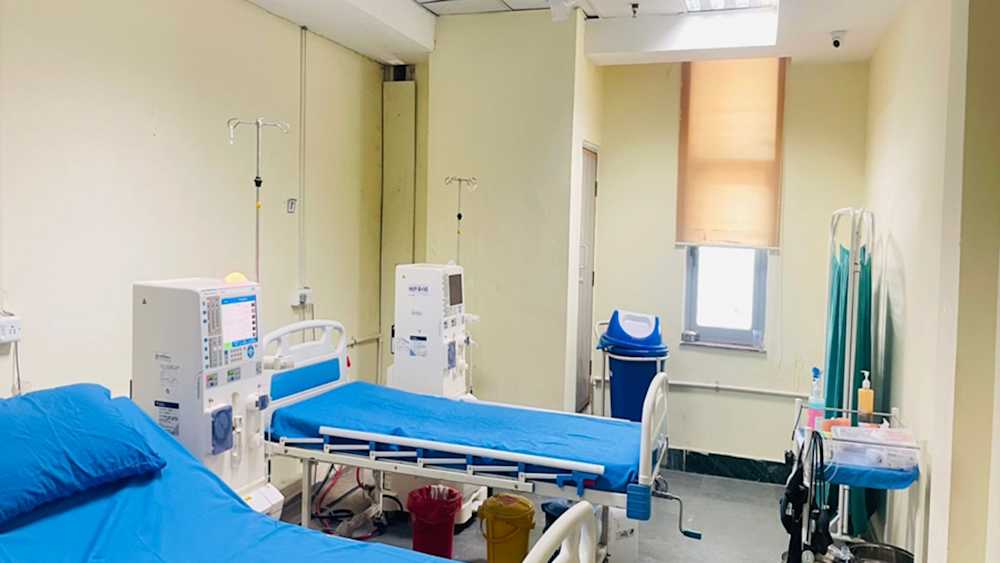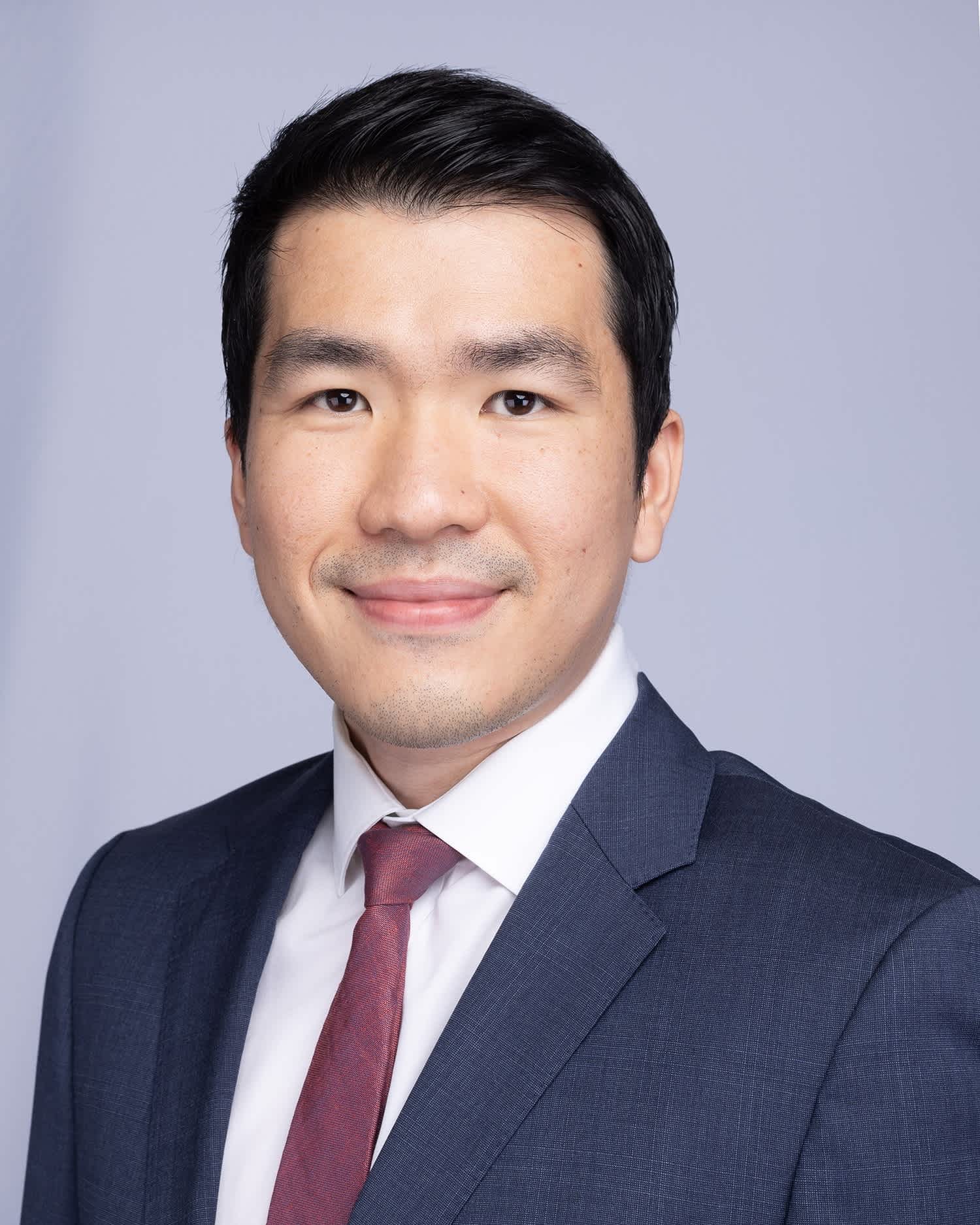Empowering Health Equity:
Making critical health care accessible and affordable in India

responsAbility recently provided debt financing to DCDC Kidney Care in India to support DCDC’s mission of making quality healthcare affordable and accessible to all communities. Operating a network of dialysis centres across 13 states in India, DCDC focuses on providing treatment to underserved populations in the country. With the newly raised funds, DCDC will establish new centres in Chhattisgarh, Telangana and Uttar Pradesh, further advancing their mission to improve health accessibility to kidney disease patients.
Overcoming Barriers: Addressing Cost and Geographical Disparities
One of the primary barriers to getting dialysis treatment in India is cost. While public hospitals and charitable institutions do offer subsidized or free dialysis, the number of such facilities is inadequate compared to the growing demand. As a result, many patients have to rely on private healthcare providers, where the cost of dialysis can be prohibitively high for those living below the poverty line. Additionally, the geographical distribution of dialysis centers is uneven, with a concentration in urban areas, leaving rural populations with even fewer options. This disparity further reduces access for those in remote or economically marginalized regions,exacerbating the accessibility gap.
A Comprehensive Approach: Public-Private Partnership Clinics
Through their public-private partnership (PPP) clinics, DCDC extends their services to patients from households below the poverty line, with an income of approximately USD1000 per year. This ensures that even the most economically challenged individuals receive the care they need, regardless of their financial status. DCDC also operates standalone and private hospital dialysis centres catering to patients from diverse socioeconomic backgrounds. Regardless of the center they attend, DCDC is committed to providing standardised services and quality care to all their patients. Whether a patient is registered to a private or district hospital (government), DCDC uses the same care approach and adheres to the same health policies.
Established in 2009 by Aseem Garg, DCDC currently operates 118 centres and serves +10,000 registered patients every monthly through their dialysis centres. Their standalone centre in Hauz Khas in New Delhi achieved the distinction of becoming the first standalone dialysis centre in India to be accredited by NABH (National Accreditation Board for Hospitals & Healthcare Providers) in kidney dialysis network.
Tackling Chronic Kidney Disease: A Growing Health Challenge
A study in 2010 revealed a concerning prevalence of chronic kidney disease (CKD) in India, affecting 17.2% of the population, with 6% in CKD stage 3 and beyond. If left untreated, CKD can lead to kidney failure or end-stage-renal disease (ESRD). In 2013 another study reported an incident rate of 152 per million population in India, meaning approximately 200000 people would develop ESRD annually. Dialysis is a life-sustaining procedure for end-stage renal disease (ESRD) patients until a kidney transplant is possible.
ESRD patients typically require dialysis treatment three times a week, witch each session lasting around 3 hours. Due to the nature of the treatment and the anticipated increase in ESRD cases each year, there is a significant demand gap for dialysis infrastructure that is continuously growing.
Investing in Healthcare Accessibility
Health equity is a critical concern, and the availability of capital for long-term health infrastructure investment is a pivotal factor. Implementing an affordable healthcare model correctly can effectively alleviate the burden on public health system. responsAbility’s investments in health are guided by key criteria, namely accessibility and affordability, both of which DCDC fully demonstrated in its business model.
The impact of responsAbility’s financing is evident. For every USD10,000 invested, a new dialysis machine is financed, capable completing 1,248 dialysis sessions in a year at maximum capacity. These machines are designed to operate for at least 10 years, ensuring lasting positive effects on healthcare accessibility for kidney disease patients.

Brandon Cheah
Brandon is a Senior Investment Officer at responsAbility based out of the Bangkok office. He has led investments in Asia Pacific and Sub-Saharan Africa, working across the Financial Inclusion and Sustainable Food Debt sectors. He also helped launch responsAbility's Health and WASH (water, sanitation, hygiene) debt portfolio back in 2021, targeting investments in the provision of affordable and accessible health, access to clean water and sanitation. Brandon holds a Bachelor in Engineering from the University of Nottingham and Masters in Finance from London Business School.
